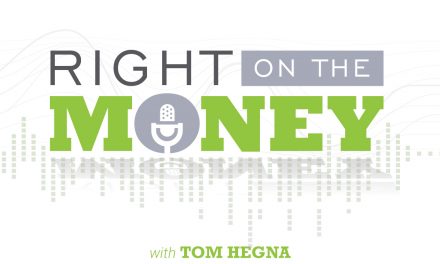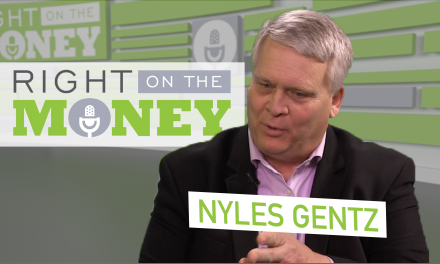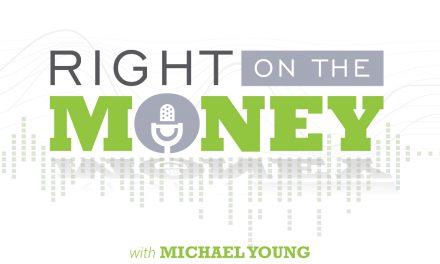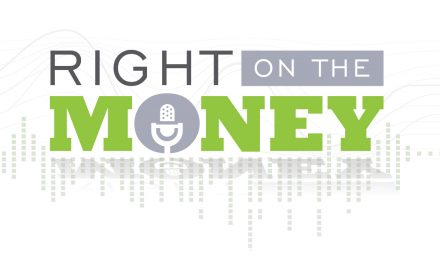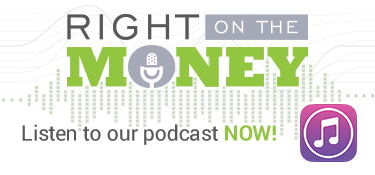Is Owning a Home the American Dream of the Past?
If the economic value is the only determinate, then the math should win the day. Assuming that most Americans can’t afford to purchase their home with cash, a mortgage is a necessity. Whatever type of mortgage you have, you’re paying interest, and because you own real estate, you’re paying property taxes. Both mortgage interest and property taxes are deductible. The higher your effective tax bracket, the more these deductions matter. There are also tax deductions on certain closing costs that can mitigate the front-end cost of buying a home. But again, knowing your effective tax bracket can help you measure if the deductions are worth it. Home ownership also means you’ll be paying for home maintenance. However, you can purchase a home with a home warrantee to alleviate some of the maintenance costs. Some capital improvements around the house can increase your cost basis. That being said, not everyone can benefit from it. After the housing debacle in 2008, home appreciation has picked up again. But, banking on residential appreciation is no longer a given. This is where the argument comes into play. If you’re a senior and buying your last home, residential appreciation is an issue for your heirs, but not necessarily for you. If you’re a first time buyer and have scraped together enough money for a down payment, you have cause to pause. Watch the interview with real estate residential expert Mike Bodeen, ABR, CRS, SRES, CDPE, SFR to learn more.
Sometimes renting is all one can do. So, if you’re wondering what you should do, consider consulting with a qualified mortgage professional. They will help you understand where you stand, how much time you have before you can qualify for a mortgage and what steps the you should be taking now so that the time to buy is sooner rather than later. It costs nothing to check. A good realtor will have a lender referral if you’re not sure where to start.
There are many reasons people are choosing to rent rather than own. They include not having a down payment or enough income to support a mortgage, as well as uncertain job security. There are intangible reasons as well, with one of the biggest intangibles being freedom of movement. When the lease is up, renters are free to go or resign a new rental agreement. Additionally, many leasing scenarios allow sublease agreements that can provide significant flexibility for a change of venue. In general terms, you have no inside maintenance or outside landscaping obligations. Renting instead of owning also has its downfalls. For instance, as a renter, you are subject to rent increases. In the Phoenix, Arizona market, for example, the average increase in rent prices due to current lack of supply is 11 percent per year. Also, landlords may limit personal touches around the house or apartment to neutral colors and make few construction alterations. If you are a renter, you may need to be mindful of your musical tastes and the volume at which you listen to it, as your neighbors may not have the same musical appreciation.
Many Americans love the dream of home ownership, but not the nightmares that can come with it. Conversely, many renters enjoy the freedom of not being tied down to one home or apartment forever, but also understand there are restrictions to their residence. To help decide if you should rent or own, consult with a financial expert or real estate expert. They can shine some light on different aspects of the market you may not have considered.
1 U.S. Census Bureau News, Residential Vacancies and Homeownership in the Third Quarter 2014, October 28, 2014
Nationally syndicated financial columnist Steve Savant interviews top residential real estate Mike Bodeen, Accredited Buyer Representative, Certified Residential Specialist & Senior Real Estate Specialist. Right on the Money is a weekly video talk show for consumers featuring special guests in their area of expertise.

